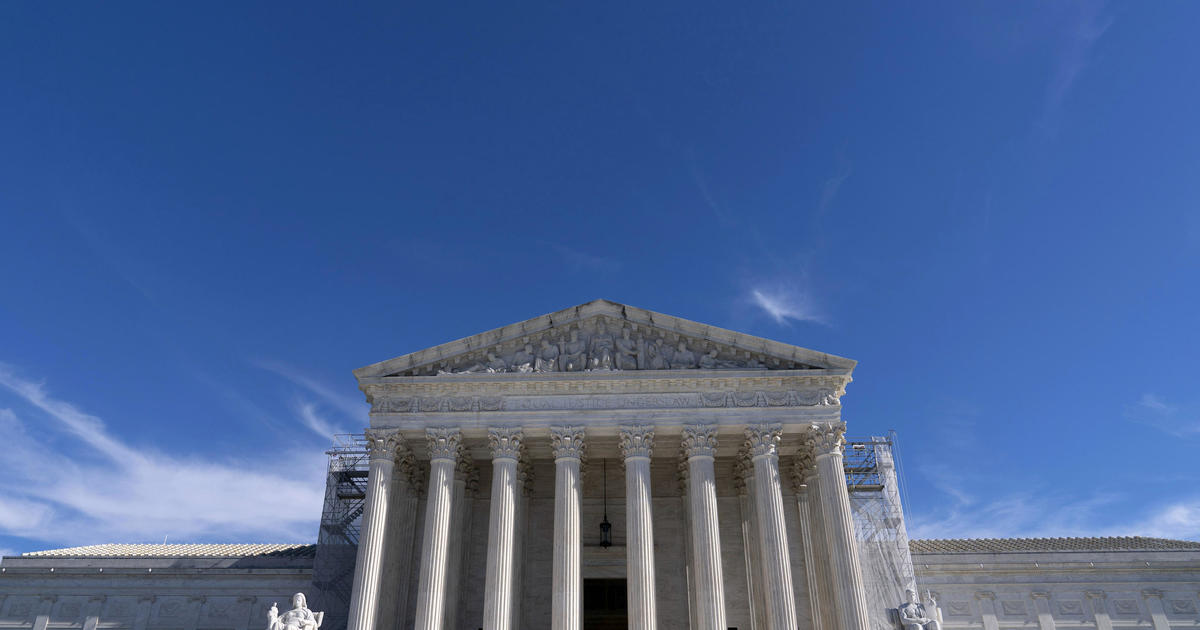The Supreme Court ruled in a 6-3 decision to uphold the boundaries of a congressional district in South Carolina that had been invalidated by a lower court as an unlawful racial gerrymander. The high court’s conservative justices stated that the lower court’s findings were erroneous, arguing that politics, not race, were the predominant factor in drawing the district lines. The majority opinion, written by Justice Samuel Alito, emphasized that race and politics closely correlate in South Carolina, and the challengers failed to provide direct evidence of a racial gerrymander.
In a dissenting opinion, Justice Elena Kagan, along with Justices Sonia Sotomayor and Ketanji Brown Jackson, criticized the majority for disregarding the lower court’s findings and creating new obstacles for racial-gerrymandering cases. Kagan argued that the state engaged in race-based districting and called for the redrawing of Congressional District 1 without targeting African-American citizens. The decision was met with criticism from President Biden, who said it undermines the principle that voting practices should not discriminate based on race.
The case, known as Alexander v. South Carolina Conference of the NAACP, stemmed from the redistricting process in South Carolina that began in 2021. Republican lawmakers aimed to give Congressional District 1 a stronger GOP tilt by moving residents out of the district into a neighboring district represented by a Democrat. The lower court found that the GOP lawmakers impermissibly used race to achieve a partisan outcome, setting a target for Black voting-age population and sorting voters predominantly by race. The district court’s ruling blocked the state from using the gerrymandered map in the upcoming congressional contests.
Justice Clarence Thomas, in a concurring opinion, argued that courts should not hear racial gerrymandering claims and that drawing political districts is a task for politicians, not judges. Thomas criticized the efforts to determine how a legislature would draw voting boundaries, stating that it should be left to the political branches. The dissenting liberal justices accused the majority of imposing a more difficult standard for proving racial gerrymandering, which could lead to continued use of race as a proxy to meet partisan goals.
The battle over Congressional District 1 is part of a broader trend of redistricting disputes following the 2021 redistricting process. Similar cases have arisen in states like Alabama, Georgia, Louisiana, and Florida, with the Supreme Court making decisions regarding the legality of the congressional maps. These disputes highlight the ongoing challenges of gerrymandering and the intersection of race, politics, and electoral representation in the United States.









